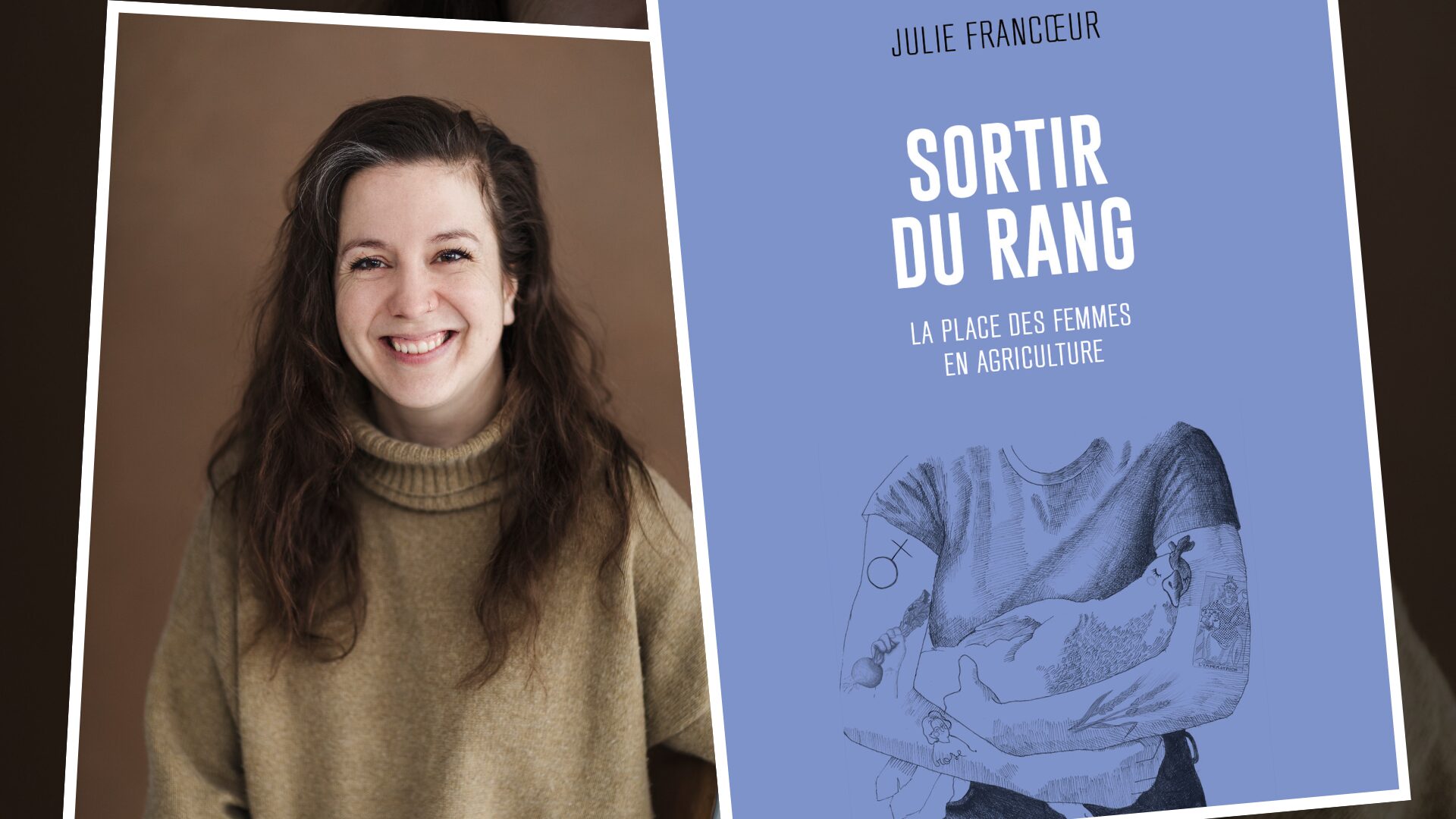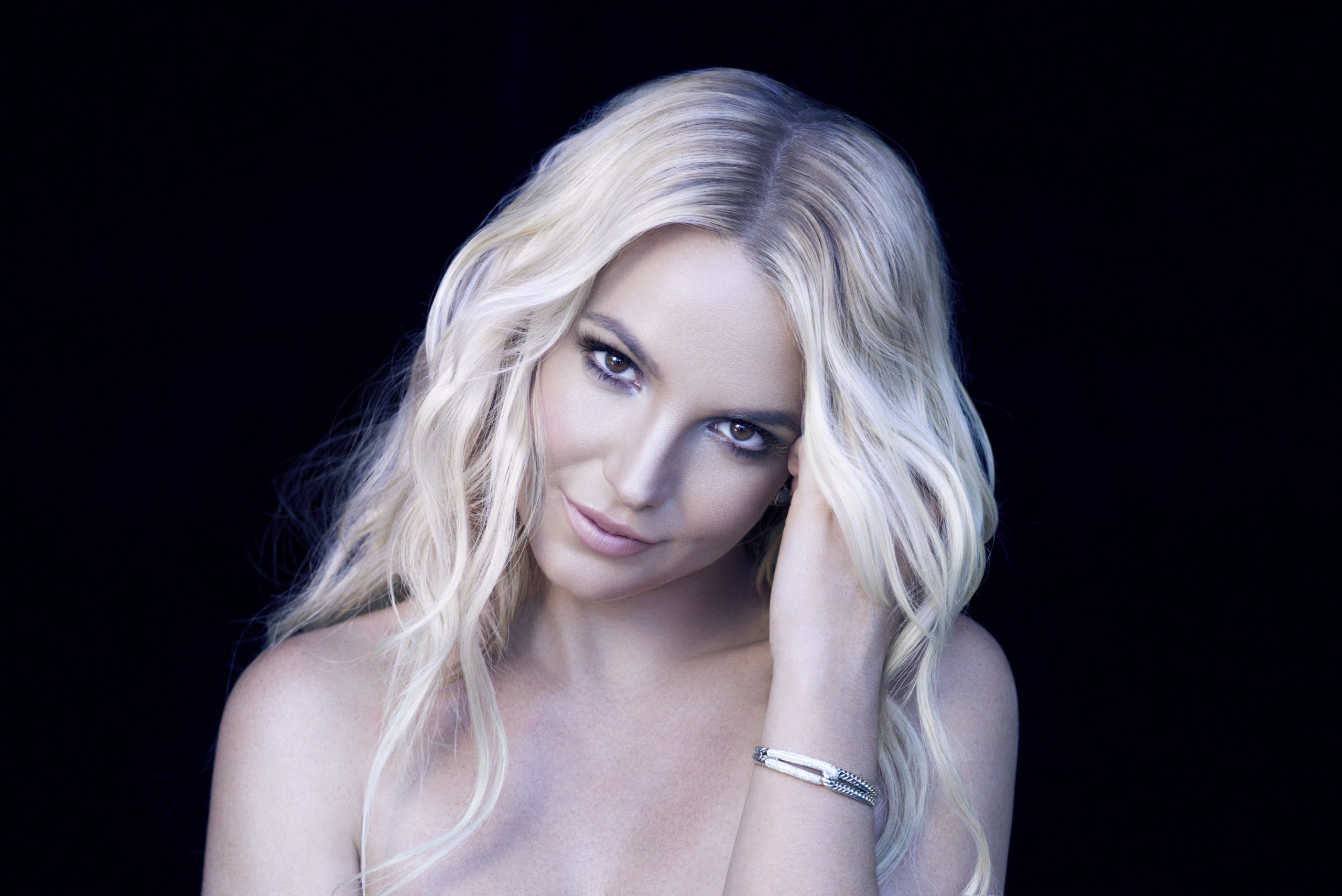What place do we give to women in the agricultural world? In “Stand out: the place of women in agriculture”, researcher Julie Francoeur analyzes Quebec’s agricultural model and highlights the essential contribution of women to the development of the country’s agricultural businesses. An important reflection to deconstruct the gender prejudices that still structure the environment and start a fairer agroecological transition. Encounter.
What is the family farming model and how does it make women’s work invisible?
In Canada, the vast majority of farms have been family-owned since World War II. According to the latest agricultural census available, 98% of farms are owned by a family and not by a company, industry or cooperative.
What does this mean for women?
The operation of the farm is based on couple work, in which the vast majority of tasks and responsibilities on the farm are shared between husband and wife, according to a fairly classic gender division. Men are attributed professional skills according to which they would be the ones to carry out the “real” agricultural, physical work. And for women, “natural” qualities that predispose them to domestic work, linked to the family. In this logic we give more value to men’s tasks and consider women’s work secondary, in support or in addition to that of men.
These are prejudices. I conducted a recent study which showed that Quebec women on farms report the same number of hours of work generally recognized as agricultural as men. On the other hand, they declare that they dedicate twice as many hours to domestic work. For women, this implies that there is a very, very close connection between business and family. They combine agricultural and domestic tasks, which men are ultimately not required to perform. They can concentrate on strictly agricultural work.
Is this what you call triple day?
Women on the farm do not have a second day of domestic work in the strict sense, which would be added to that of agricultural work. The two are intertwined in time and space. They constantly switch from one task to another. And the concept of triple day refers to the fact that many women also have to have a job outside the company to make ends meet. It is for these reasons that, more and more often, we talk about mental overload and psychological distress of peasant women, even if little documented…
What is the daily life of peasant women today who decide to practice agriculture outside the family model?
What we observe is that, since they are not part of a couple, this question of the traditional division of labor and complementarity between men and women does not arise. But we also see that women who farm alone face more, if not different, obstacles than those who farm with a man. We often hear that women who ask for funding from institutions have more difficulty obtaining it if they are not accompanied by a man in their project.
What is interesting, however, is that within start-up companies, therefore new farms, and small businesses operating in short circuits, particularly in community-supported agriculture (of the Amap type in France), we observe what some have called “a feminization of agriculture”. There are more and more women willing to at least share the shares with their partner, if not to assert themselves on their own, to propose other models. We associate these farms with better ecological practices, with different contacts with customers, consumers… So, it is a model that is emerging at the moment, which is generating a lot of interest and providing very stimulating new examples.
This content is blocked because you have not accepted cookies and other trackers. This content is provided by YouTube.
In order to view it, you must accept the use made by YouTube with your data which may be used for the following purposes: to allow you to view and share content with social media, to promote the development and improvement of the products of Humanoid and its partners , show you personalized advertisements related to your profile and activity, define a personalized advertising profile, measure the performance of advertisements and content on this site and measure the audience of this site (more information)
Manage my choices
In your book you show how some peasant women, due to their gender socialization, will be more oriented towards care, and therefore to the care of animals, to the care of nature… They will create models beyond productivism or domination of nature. What does this imply?
Above all, I think it is important not to essentialize the qualities and skills that can be attributed to women, which are the result of gender socialization.
What I observe is that care is a concept claimed by more and more farmers themselves to talk about their work. Taking care of the soil, of the animals when there are any, of the needs of the different plants, of the community, of people’s health… Intuitively, more and more young farmers associate their profession, agricultural work, with caring actions.
You compare the agricultural crisis to a crisis of masculinity. Does the agricultural transition depend on questioning the dominant model of masculinity?
Absolutely. I think we should not ignore the changes that are needed, at the legislative level, at the agricultural financing level… There are very material components involved in a paradigm shift in agriculture. But the question of male identities, of how one becomes a man in agriculture versus how one becomes a woman in agriculture, the way in which one is valued or not as a man in agriculture, To me this is the missing link in our understanding of the problem. This is not the only factor of course, but until we value other agricultural identities, particularly male ones, the transition will be more difficult to achieve.
Do you observe positive developments regarding the place of women in agriculture?
Starting from the 80s there was a great development in a very short time. The women managed to become aware of their situation, to organize themselves, to call themselves farmers (because until then they were called farmers’ wives or even husbands’ collaborators). They claimed stakes in farms that, at the time, were owned almost exclusively by men. Many have achieved it. It was truly a great time of change.
But there has been very little progress since then. The situation is stagnant on several levels. Today the challenge is to recognize the contribution of women in agriculture, to make their work visible. Both for the agroecological transition of the sector and for the renewal of agricultural generations. Because we know that the rate of renewal of farmers, of agricultural companies, decreases from year to year. Women have an immense role to play in renewing the model, from an agroecological, more environmentally friendly, more humane and more economical perspective.
Discover BookClub, Madmoizelle’s show that questions society through books, in the company of those who make them.
Source: Madmoizelle
Mary Crossley is an author at “The Fashion Vibes”. She is a seasoned journalist who is dedicated to delivering the latest news to her readers. With a keen sense of what’s important, Mary covers a wide range of topics, from politics to lifestyle and everything in between.





